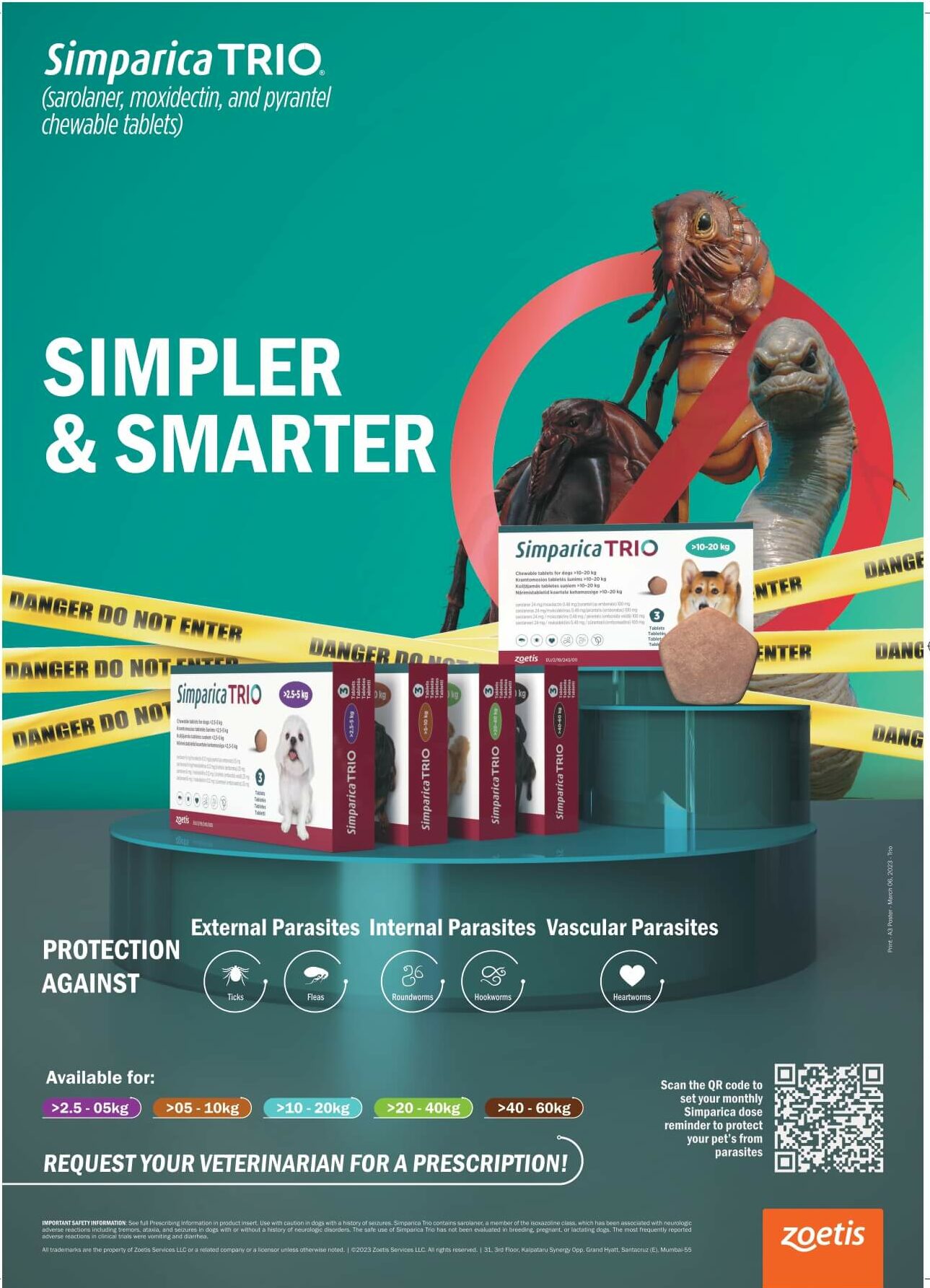
Dogs have long been cherished companions to humans, offering unwavering loyalty, boundless love, and endless joy. As pet owners, we are naturally inclined to seek out a dog breed that not only aligns with our lifestyle but also promises us the longest possible time together. In the quest for a canine companion that will stand the test of time, we delve into the question: which dog breed lives the longest?
Factors Influencing Longevity
Several factors play a role in determining a dog’s lifespan, including genetics, diet, exercise, healthcare, and overall living conditions. While these aspects are essential across all breeds, some breeds are genetically predisposed to live longer due to a variety of factors such as their size, susceptibility to certain health issues, and their overall energy levels.
The Methuselahs: Breeds Known for Longevity
Chihuahua: Surprisingly, the pint-sized Chihuahua often outlives larger breeds. With proper care and attention, Chihuahuas can live well into their late teens, occasionally reaching their early twenties.
Dachshund: These distinctive hounds have a reputation for defying the aging process. Miniature Dachshunds are known to live around 12-16 years, while standard Dachshunds usually reach 11-14 years.
Pomeranian: Despite their fluffy and delicate appearance, Pomeranians have a potential lifespan of 12-16 years. Their longevity can be attributed to their small size and relatively low incidence of serious health concerns.
Toy Poodle: The Toy Poodle’s lifespan ranges from 12 to 15 years. Their small size and intelligent nature contribute to their longevity, making them a popular choice among dog enthusiasts seeking a longer companionship.
Shiba Inu: This Japanese breed boasts an average lifespan of 12-16 years. Shiba Inus are known for their independence, agility, and overall good health, which likely contributes to their extended lifespans.


Factors to Consider
It’s essential to remember that individual dogs’ lifespans can vary even within the same breed. Moreover, while genetics lay the foundation, a dog’s overall quality of life greatly depends on their environment and the care they receive from their human companions. Regular exercise, a balanced diet, routine veterinary care, and a stimulating living environment can significantly enhance a dog’s longevity, regardless of their breed.
The Role of Mixed Breeds
While purebred dogs often have well-documented traits, mixed-breed dogs should not be overlooked in discussions of longevity. The genetic diversity of mixed-breed dogs can sometimes lead to fewer inherited health issues, potentially contributing to longer lifespans.
Selecting a dog breed is a significant decision, and the prospect of sharing a longer, healthier life with your furry friend adds another layer of consideration. While certain breeds have a reputation for longer lifespans, it’s important to remember that individual care and attention play a pivotal role in determining how many years you’ll have together. Whether you choose a pint-sized Chihuahua or a feisty Shiba Inu, the bond you form and the love you share with your canine companion will undoubtedly enrich your life, regardless of the breed’s lifespan.
In the end, while breed can offer some insights into potential longevity, the key to ensuring a long and happy life for your dog lies in providing them with the best possible care, attention, and love throughout their years by your side.










 " >
" >